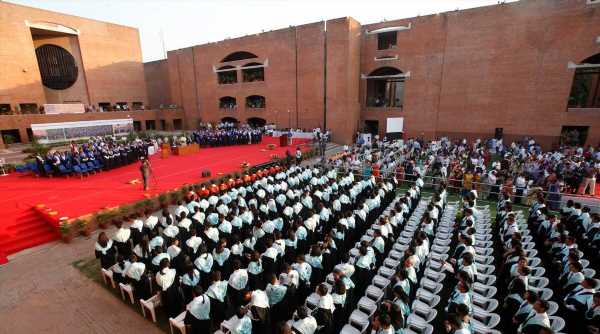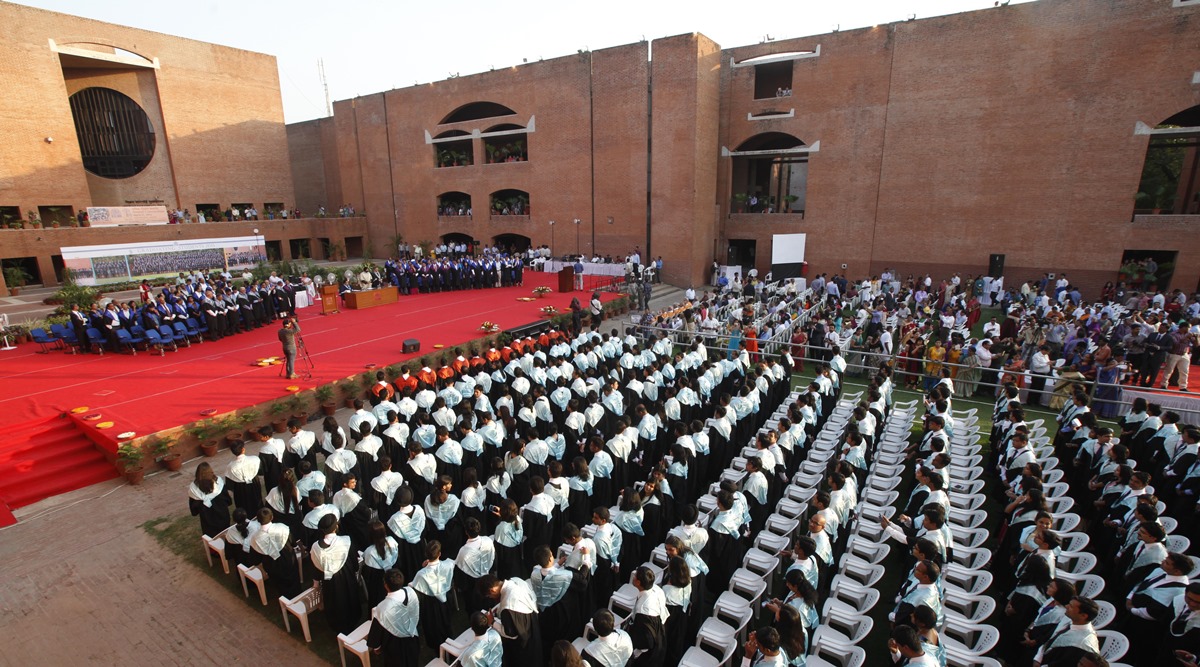Academicians believe that enrolling more foreign students can improve Indian B-schools’ performance in global rankings as they provide great emphasis on factors like internationalisation, foreign faculty, students and global perception.
Attracting foreign students has always been a challenge for Indian institutes as the country does not figure among the top global destinations for study. To overcome this, some of the centres of the Indian Institutes of Management (IIMs) have introduced supernumerary seats in many of the courses.
Most recently, IIM Kozhikode announced 50 supernumerary seats for international students in three full-time MBA programmes — Postgraduate Programme (PGP) MBA (20 seats), PGP in Finance (20 seats) and PGP in Liberal Studies and Management (10 seats).
“Our classrooms have become more gender diverse in the past few years with students from various educational backgrounds. We are now targeting foreign nationals to improve cultural diversity. From rural Bihar to metro cities, students from all walks of life join the institute. But, most of the world’s current and future problems are global, which require global mindsets to devise solutions. We have also linked up with Study in India programme and reoriented the entire admission policy,” says Shubhasis Dey, Dean (Programmes and International Relations), IIM-K.
Students wanting to join these programmes at IIM-K will not have to mandatorily toil to clear CAT. Candidates with a graduate degree or equivalent in any discipline along with valid CAT/GRE/GMAT scores and TOEFL will be able to apply.
Dey believes that these students can bring multiple partnerships and collaboration opportunities to the institute. “The first phase of the admissions concluded on September 15 and only less than 10 foreign candidates applied for the supernumerary seats. The path is uphill; it may take a few years for the scenario to change,” he says.
IIM Ahmedabad was among the first few institutes to introduce supernumerary seats in two-year MBA courses. Chairperson (Admissions) of the institute told indianexpress.com, “The supernumerary quota is 10 per cent and is linked to the batch size. Whenever we increase the batch size, the seats of the supernumerary quota go up automatically. The supernumerary quota was introduced to admit foreign national students to the MBA program. The admission is done through a different set of application processes.”
For the five-year integrated programme in management (IPM), IIM Indore also has a supernumerary quota. Of the total 150 seats, only 5 are reserved under the special category. No such category has been introduced yet in other courses.
“The idea to have more foreign students on campus holds utmost importance but we need to be careful about what programme do they fit into. Institutes must also scrutinise applications as much as possible and be mindful of their origin countries as the motto is to add value to the classrooms. Most often, we get applications from Indians with foreign passports. In international business schools, the concept of admitting international students is called recruiting. Our institute is also devising a plan of recruiting students from foreign counties and SAARC countries will be our prime focus,” says Himanshu Rai, director, IIM Indore.
Rai adds that not having enough foreign students also impacts Indian B-schools’ performance in global rankings as they provide great emphasis on factors like internationalisation, foreign faculty, students and global perception.
On the other hand, academicians are also concerned about opening doors for ‘everyone and anyone’ by lowering the difficulty level of the admission process. Director of IIM Sambalpur, Mahadeo Jaiswal believes that supernumerary seats are a way of reducing the quality of students in the process of trying to achieve cultural diversity.
“Students prefer going to the US, Europe since universities in these regions have students from across the world. When such provisions are introduced, it automatically puts students on a lower pedestal which also reflects in their overall MBA journey. The admission process for MBA admissions must not be altered and should be uniform,” Jaiswal says.
He adds that special admission criteria can be introduced for PhD and executive programmes and the focus must be on getting foreign faculty, students will follow suit. The institute has no plans of admitting international students through supernumerary seats anytime soon.
Source: Read Full Article


